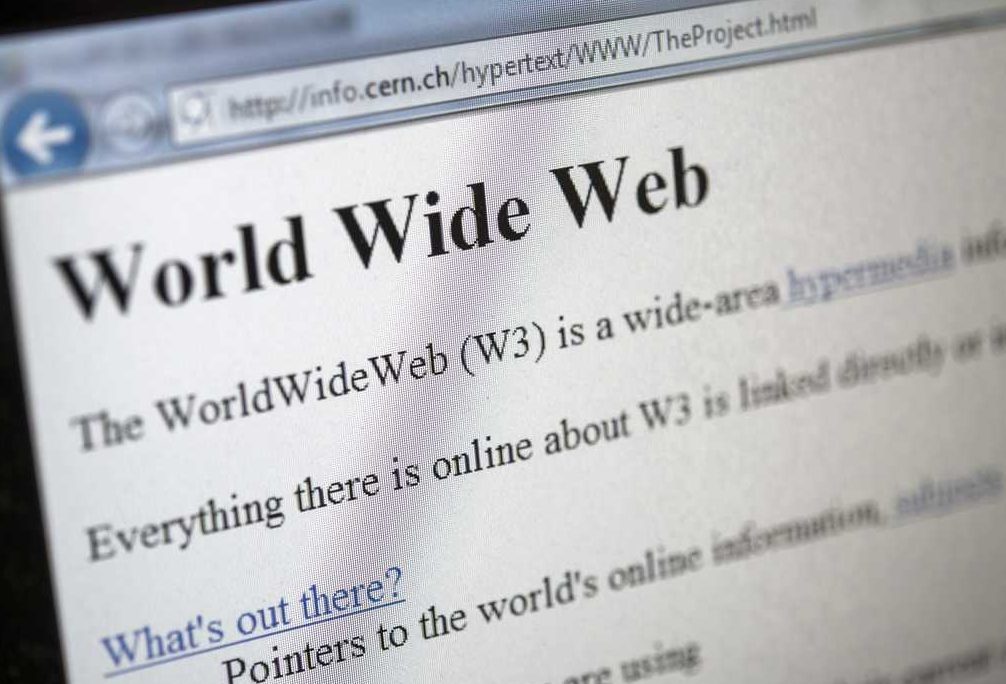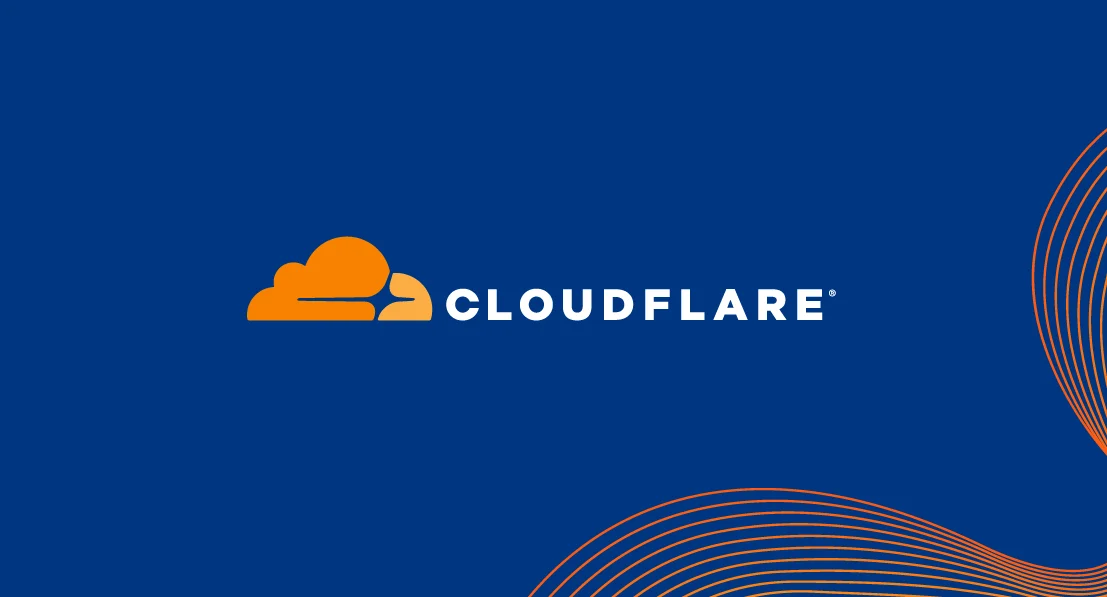
Safety of the site’s needs: You must ensure their safety
You may believe that there are few chances for a criminal to target your site among the more than one billion sites on the Internet. Let’s take a look at what your site is all about before we get to that.
You could be a natural person and have your own website. Every thing has value and even the smallest site can contain valuable data. What can you do with the password and user name that you use for all your online accounts. Your website is a representation of your brand and reputation if you are a small business. It also contains tons more valuable information that you can share with your customers.
You are likely to have come across articles by Forbes, economists, or other security companies today that mention the phrase “Data is the New Oil”. It is now one of the most valuable online assets (and we see VPN growth). And, like all things, it can be stolen, traded, or modified.
Even if your website is not large, cyber criminals won’t be interested. They use tools that can run on any site they find, collecting information. They can also sell the information if they don’t need it.
We will focus on the non-physical aspects, as most people do not own or maintain the hardware that hosts our websites. It involves two major areas: 1) Security of the website and 2) Security of the data your customers give you.
You should note that any visitor to your website can be considered a client, and not only those who purchase from you.
- Keep your scripts up-to-date
- Use safe passwords
- Use SSL and HTTPS
- Reserve children for your files
- Keep customer information safe
- Use a VPN to protect your data transmission
1. Keep your scripts up-to-date
You should ensure that your website’s platform and all scripts that you use are up-to-date. Every piece of software that is known to exist has bugs and security holes. These vulnerabilities will exist even for those that have been updated. Cyber criminals can access any vulnerability that has one vulnerability. The chances of security holes being exploited are greatly reduced if you make sure you keep your computer up-to-date.
This is especially important for website developers who use open-source tools. Open source tools are vulnerable by their very nature to hackers looking for farms. There are many tools that can help you to check this.
2. Use safe passwords
It’s hard to remember how many times this problem has been presented, but it seems that so many users have passwords that cyber criminals could easily guess.
Hacking tools have become so sophisticated that passwords containing pine numbers and the number 6 from the past are laughable. Use a combination of uppercase and small characters, special characters, and digits for your password.
To help you remember passwords better, you can use a password manager.
These are applications, and they can be hacked into.
3. Use SSL and HTTPS
Although HTTP and SSL are often not well-known, they are vital for site owners.
SSL is required for those who run online shops or conduct transactions for customers. SSL certificates can be obtained from many places, but it is best to obtain one from a trusted provider like porno gratuit.
Start ecommerce sites as soon as possible. Let your web hosting provider know. They may offer a package that includes all you need.
Click here to view the complete list of possible hosts.
Even if you don’t plan to operate an ecommerce website, companies today are facing security.
Google, for example, now uses HTTPS as a class signal. They help ensure that search engines users are directed to safe and authentic sites.
4. Update your files
Murphy’s Law is always possible, and although it’s a shitshow, it’s not impossible to be prepared. It is a good idea to have at least two sets, one on-site and one offsite. You need to ensure that the data is not lost or corrupted. This applies to all information within the database and not only for files on your site.
Many web hosting companies offer this service. While some web hosting providers offer safety features at no cost, it is worth considering more extensive plans if you are concerned about your business’s reputation.
5. Keep your customer information safe
While the digital century has seen significant technological advancements, it also means that more people are digitizing their personal information online than ever before. Your responsibility as a business is to ensure that they keep their information safe and private. This includes not only payment information such as credit card numbers but also personal information such names and identification numbers.
This is what I mentioned earlier about SSL. SSL, or Secure Socket Layer, is what protects sensitive information while it’s being transmitted from one place to the next. SSL protects the transmission. After it reaches your website, you need to ensure that it is secure!
Avoid storing sensitive data, if possible.
It is almost impossible to do so, here is the encryption spot. Some platforms, such as WordPress, offer password encryption for user accounts. Although this is a basic feature, it’s not the best. There are many ways to configure encryption for your site hosted on your server. If you rent space on the host servers, you will need to contact your hosting provider.
6. Use a VPN to protect your data transmission
There are many ways to encrypt your data, but there is only one way that you can ensure it. (Read more in VPN guide). These fantastic service providers will ensure your data is sent via secure and encrypted channels.
You can ensure that all sensitive information you send and receive, including passwords, business email quotas, is protected by a unique subscription to an always Nordvpn or Ritavpn permanent service. This is critical for owners of mobile websites as WiFi connections can be very dangerous.
You can also increase the security of your site with other options
Cyber criminals can be evaded by even the most robust security measures. Do not be discouraged if the idea of having to do all these steps to protect your data starts to cause you headaches.
There are many ways you can get expert help for a fraction of what it cost before. Let’s look at three security companies on the internet: cloud, security and encapsula.
1. Juices
Sucuri, a well-known web security provider, offers a wide range of services starting at $ 16.99 per month. Juices provides everything for a monthly fee. This includes monitoring and security, as well as disaster recovery plans. You get peace of mind in a safe and beautiful package.
2. Encapsula
Incapsulas are similar to juices. They offer similar solutions for cloudflags as well as juices. However, the pricing structure is less clear. The prices are not set at absolute levels and are determined by quotations. The encapsulas each offer individual products, so anyone looking for an “all-in” solution at a fair price should consider other options.
3. Cloudflare
Cloudflare’s reputation as a content distributor network (CDN) is what makes it more well-known. This is also the reason why Cloudflare has been able to secure customers from distributed service refusal attacks (DDOS ). The cloud levels, like the encapsula are somewhat obscure. A successful website that uses cloudflare is coqnu, it has been attacked countless times, but through the cloudflarer web application it could be LIVE every time blocked the attack via DDOS, all thanks to the cloudflare.com functions!
Conclusion
Site owners have many options. These range from simple security solutions to websites dedicated to web security companies. High prices are a problem that is long gone. Most businesses today should be able at least to provide basic security solutions.
Start with your web host. This is your basic platform for your website. You should not only choose the cheapest host, but also ensure that you have the best tools.


